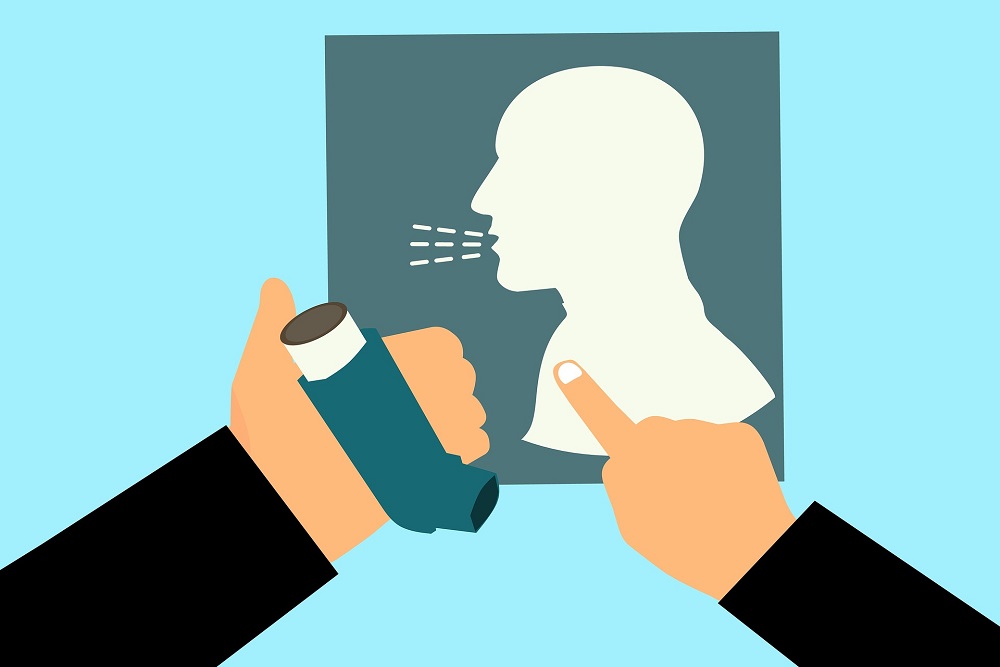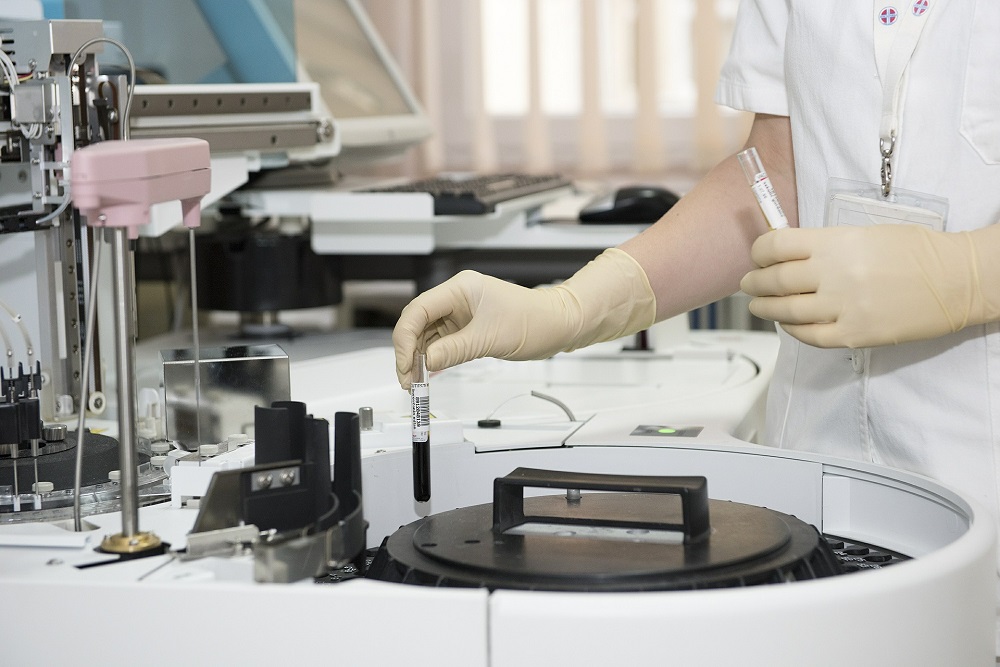Lyod Cadena’s heart attack may have been triggered by the coronavirus infection. Scientists now agree that the virus has the ability to infect other parts of the body, with the heart being one of the riskiest.
On September fourth, the world woke up to the news that Lyod Cadena, a Filipino YouTuber who had millions of followers had passed away. A few days later, his family provided an update on the cause of death, saying that he had a heart attack when he was asleep. The family also indicated that he had tested positive for coronavirus a few days before his death.
Coronavirus heart attack
Earlier reports of coronavirus infection seemed to agree that the virus-infected only lungs, causing shortness of breath and sometimes difficulties in breathing. However, months of research are shedding light on other organs that are being infected by the virus and causing significant damage in a person’s heart.
Scientists now agree that coronavirus is infecting almost all parts of the body regardless of whether the infection is asymptomatic or otherwise. Dr. Manish Hinduja, in an interview with Times Now India, indicated that coronavirus had the ability to cause rapture of fatty deposits (atherosclerotic plaques) in coronary arteries, which could result in fatal heart attacks such as the one Cadena had.
Research on heart problems
Hinduja continued by saying that since coronavirus was infecting cells, doctors had observed that sometimes it was causing an overactive immune system response. The results of this included inflammation of organs such as the heart and led to people developing myocarditis.
A study conducted in Germany also seemed to confirm Hinduja sentiments about the virus infecting other organs and having side effects such as a heart attack. The study, which included studying approximately 100 people who had a median age of 49 that had recovered from the virus found that when these subjects were scanned using magnetic resonance imaging (MRI) scans of their hearts, nearly 80 percent of them had developed abnormalities of the heart.
These abnormalities included inflammation of the heart, reduced ability of the heart to pump out blood and 60 percent had myocarditis. The study highlighted the dangers of the virus infection, even for young people who after getting well from the virus, can still develop heart complications that can lead to heart attacks.
Featured image by Pixabay







